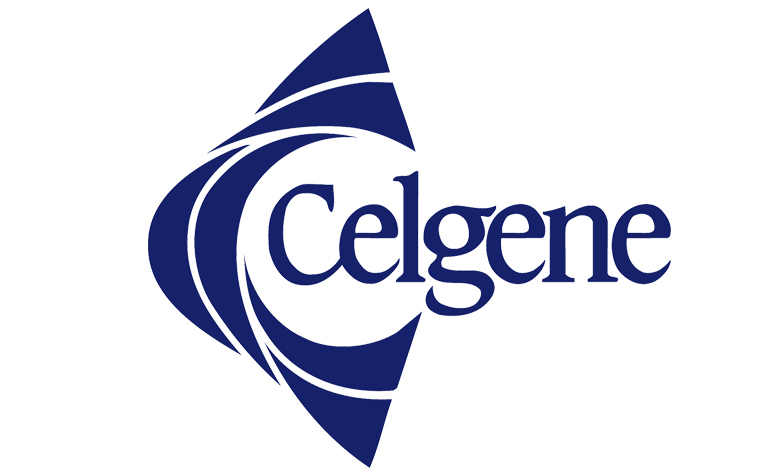Celgene Corp.'s primary endpoint has been met for its Phase III Sunbeam trial, which evaluated the efficacy and safety of ozanimod, an investigational oral, selective S1P 1 and 5 receptor modulator, in patients with relapsing multiple sclerosis (RMS).
"The safety and efficacy results from SUNBEAM are consistent with the long-term results from the Phase II trial (RADIANCE). These data add to the growing body of evidence supporting the use of ozanimod as a disease modifying therapy for relapsing forms of multiple sclerosis," Dr. Bruce Cree, an associate professor of neurology at the University of California San Francisco, said. "We look forward to the continued study of ozanimod as well as presentation of the full results of the Phase III trial at an upcoming international scientific meeting."
The randomized Sunbeam trial, which enrolled 1,346 RMS patients in 20 countries, involved a year-long study of two sets of orally administered treatment doses for ozanimod. The primary endpoint was a reduction in annualized relapse rate (ARR), compared to weekly interferon (IFN) β-1a (Avonex).
"People living with multiple sclerosis need additional therapies and we are pleased that oral ozanimod showed meaningful improvements across primary and measured secondary endpoints in this study," Scott Smith, president of Celgene Inflammation and Immunology, said. "We look forward to data from the confirmatory Phase III RADIANCE trial in the second quarter as we advance toward planned regulatory submissions by year-end."









 Alerts Sign-up
Alerts Sign-up